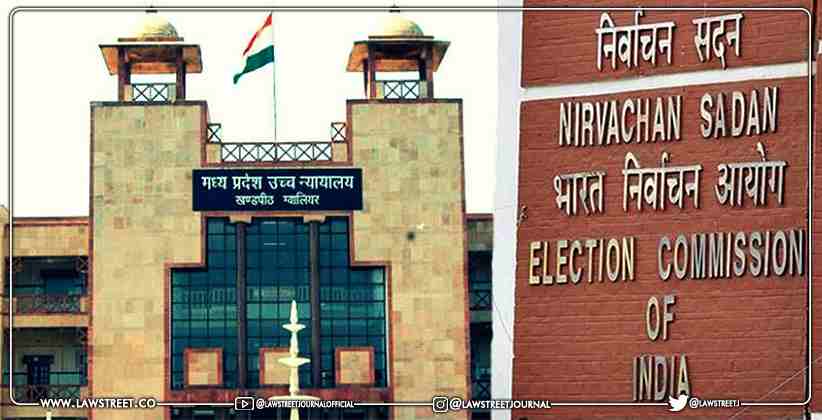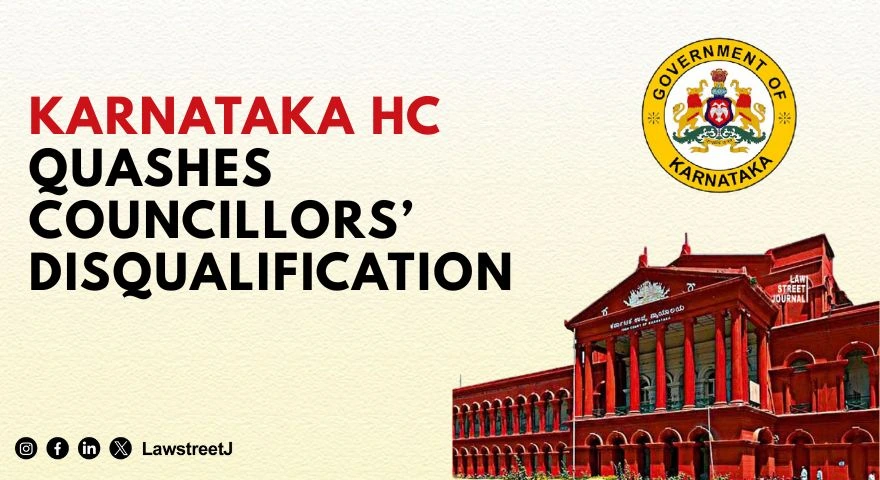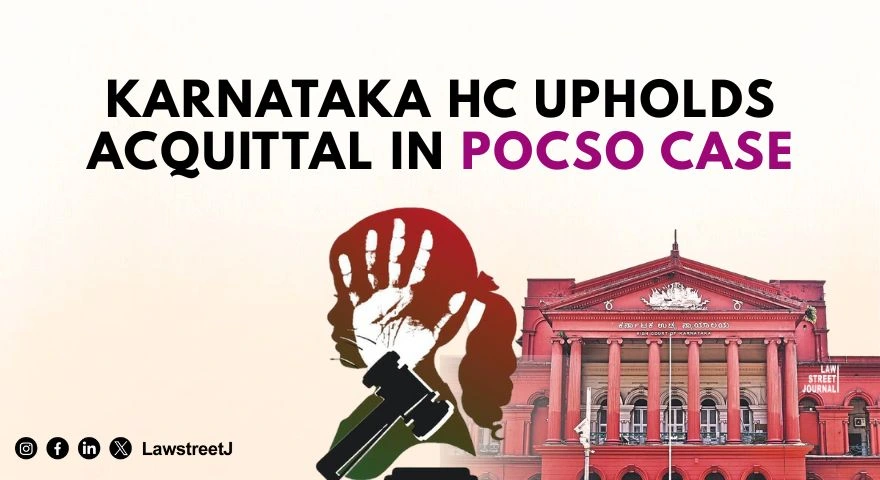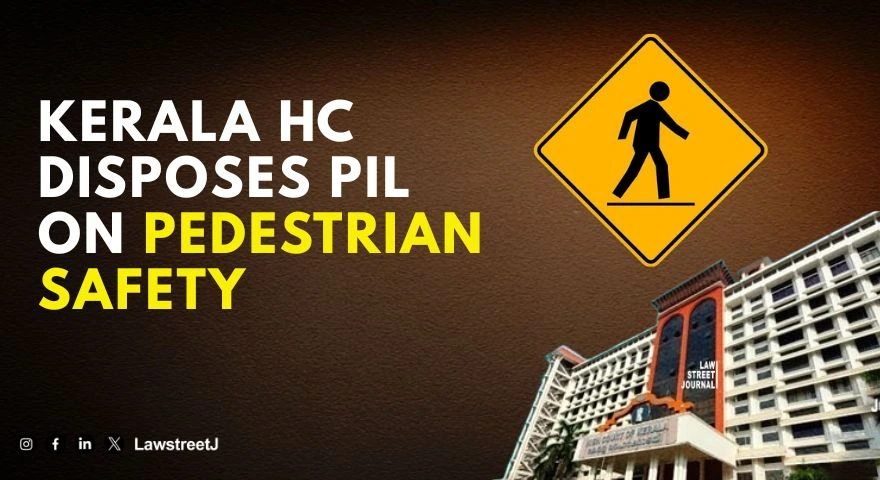On September 22, 2021, a Madhya Pradesh High Court bench comprised of Chief Justice Mohammad Rafiq and Justice Vijay Kumar Shukla ruled that only the Election Commission of India has the authority to determine when bye-elections to the Khandwa Parliamentary Constituency and the Prathvipur, Jobat, and Rajgarh Assembly Constituencies should be held.
The bench also held that there is no reason to believe that the Commissioner will not decide to hold bye-elections after assessing the situation in Covid-19 on the ground.
FACTS OF THE CASE:
The Nagrik Upbhokta Margdarshak Manch filed the writ petition as a Public Interest Litigation, requesting that the Election Commission of India be directed not to hold bye-elections in the Parliamentary Constituency of Khandwa and Assembly Constituencies of Prathvipur, Jobat, and Rajgarh in the state of Madhya Pradesh.
A further request has been made to direct the respondents to hold the bye-elections only after assessing the state's coronavirus situation.
THE ELECTION COMISSION OF INDIAS RESPONSE:
The Election Commission of India responded to the writ petition, stating that the Commission had reviewed the matter and determined that due to the outbreak of the second wave of Covid-19 in the country, it would not be appropriate to hold bye-elections until the pandemic situation significantly improved and conditions became conducive to holding these bye-elections.
It was also stated that the Commission would make a decision on the matter at a later date after receiving input from the concerned states and assessing the pandemic situation from mandated authorities such as NDMA/SDMA.
OBSERVATION AND ORDER:
The Court stated that Article 324 of the Constitution is a reservoir of power for the Election Commission to act in such a void area where enacted laws make no provisions or make "insufficient provisions" to deal with the situation confronting the Election Commission in the conduct of elections, as held in a chain of judgments referring to the Supreme Court's decision in Mohinder Singh Gill v. The Chief Election Commissioner, (1978) 1 SCC 405; Kanhiya Lal Omar v. R.K. Trivedi, AIR 1986 SC 111; Union of India v. Association for Democratic Reforms, AIR 2002 SC 2112.
The Court also reiterated the paragraph from Special Reference No.1 of 2002, AIR 2003 SC 87, in which it was categorically held that election decisions should not be interfered with because the Election Commission of India is best suited to make them:
So far as the framing of the schedule or calendar for election of the Legislative Assembly is concerned, the same is in the exclusive domain of the Election commission, which is not subject to any law framed by the Parliament. The Parliament is empowered to frame law as regards conduct of elections but conducting elections is the sole responsibility of the Election Commission. As a matter of law, the plenary powers of the Election Commission cannot be taken away by law framed by Parliament. If Parliament makes any such law, it would repugnant to Article 324.
Thus, the court determined that the evidence on record clearly shows that the Election Commission is fully aware of the situation with the Corona virus and has made a conscious decision not to hold the bye-elections for the time being.
CASE - NAGRIK UPBHOKTA MARGDARSHAK MANCH THROUGH ITS PRESIDENT DR. P.G. NAJPANDE AND OTHERS Vs THE STATE OF MADHYA PRADESH AND OTHERS Vs THE STATE OF MADHYA PRADESH AND OTHERS)








